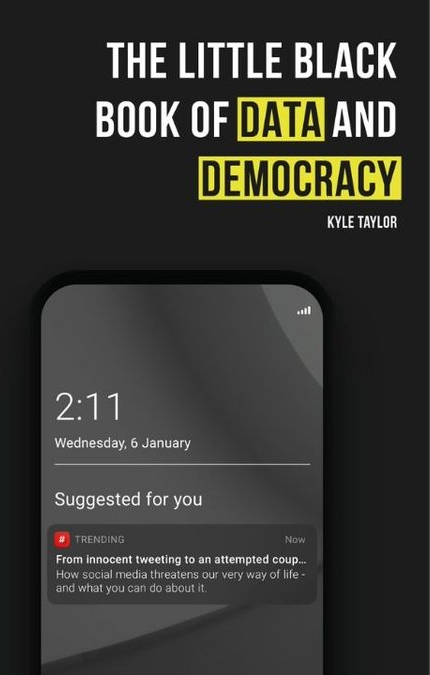The central issue is that the companies who run Facebook and other social media sites are chiefly interesting in making money. This seems obvious, but its implications are severe. Facebook (to use the obvious example) is free to sign up to and use. So how does the company make money? The answer is that Facebook’s real clients are advertising executive, governments, and anyone who is interested in obtaining massive amounts of data about Facebook users, i.e., the average person. The phrase Taylor uses is ‘If you’re not paying, you are the product’. This means that if a site is free to sign up to, that website is selling your data to its wealthy clients, who use it for whatever purpose they want.
He also goes into topics such as Brexit or the 2016 Presidential Election to show how democracy is threatened by social media. The results of those events happened because of one company – Cambridge Analytica. Cambridge Analytica was a political consulting firm that had as clients both Donald Trump’s presidential campaign, and Leave.EU, a pro-Brexit political organisation (it also had ties with the Royal Family and the Conservative Party). The company collected the private data of over 87 million Facebook users and used it to influence the results of the Brexit referendum and the 2016 US election. Taylor explains how the company collected the data and what they used it for, and why this is such a threat to democracy as we know it.
Fortunately, he also goes into how we can fight back against the companies trying to steal our data. While his main advice is to quit Facebook, Twitter, Google, etc., he also recognises that it’s difficult to live in contemporary society without them, and provides other solutions to maintaining safety and privacy online. This is arguably the most important part of the book, not just describing what’s happening but offering ways to combat it that anyone can do.
Obviously I haven’t covered everything in a 500-word review, but these are important issues and worth digging into. Since social media is such an integral part of how we live today, this affects everyone, and as we’ve seen, the consequences of its misuse can be massive. I always think it’s better to know than not, even if that can be a scary process. I can recommend this book to anyone who wants to better understand how we live today.
Review by Charlie Alcock

 RSS Feed
RSS Feed
